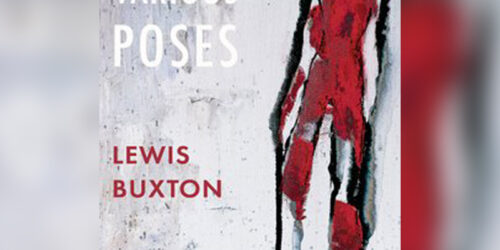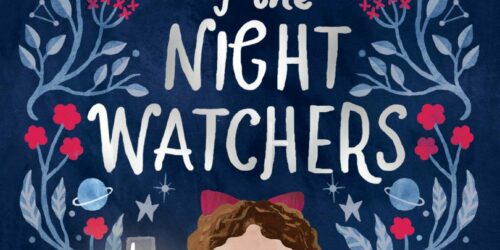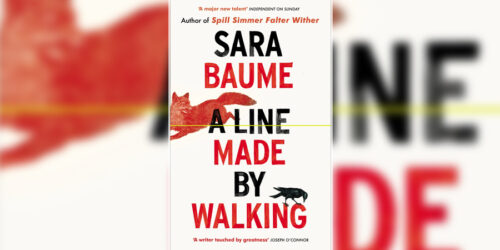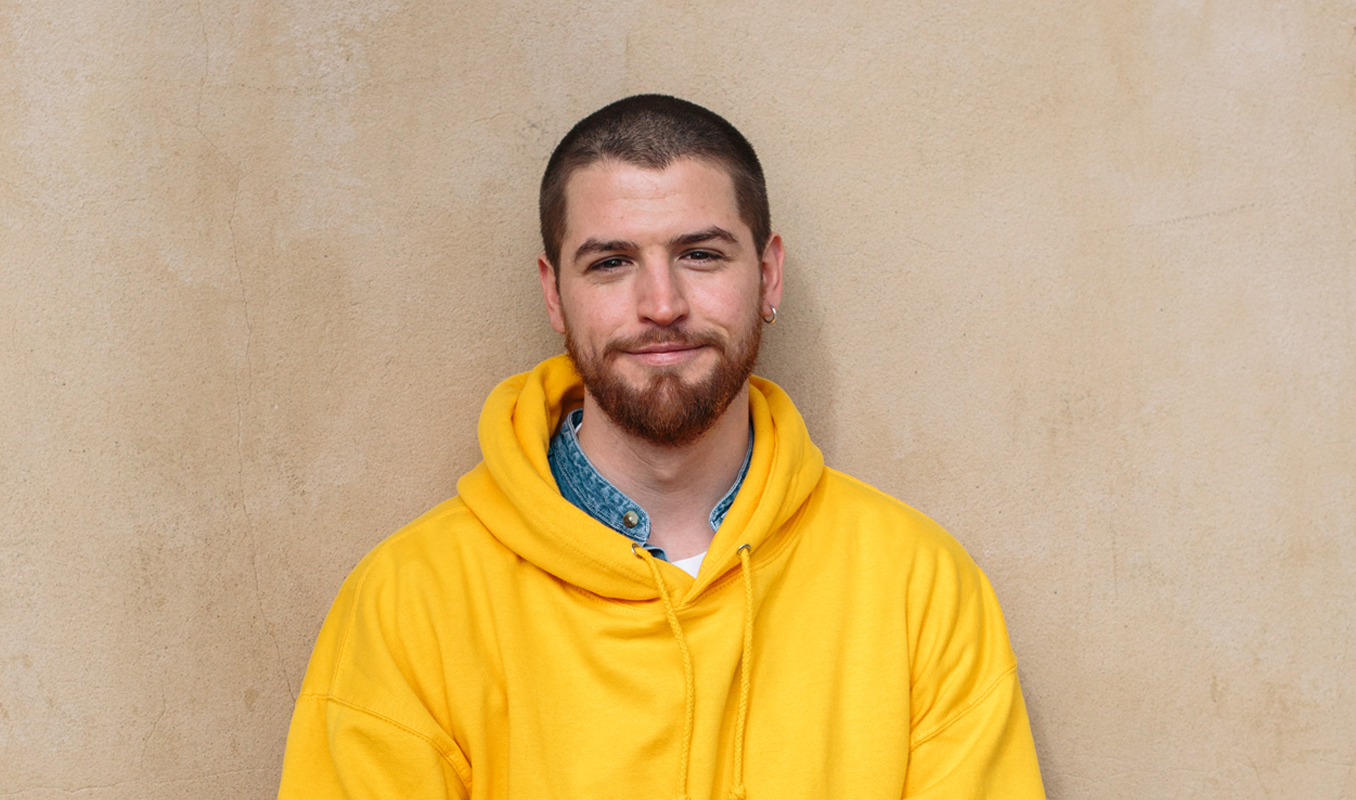
Our NCW Book Club choice during February and March 2022 is Boy in Various Poses by Lewis Buxton. We hope you’ll join us in reading the book, and that you’ll join the discussion in our Discord community or one of our discussion sessions taking place online and in person.
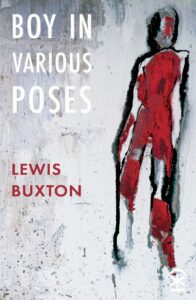 In the meantime, here are some questions that you might like to consider or discuss with friends, family and fellow members of the Book Club as you make your way through the book.
In the meantime, here are some questions that you might like to consider or discuss with friends, family and fellow members of the Book Club as you make your way through the book.
We’d love to hear your thoughts on Boy in Various Poses, and any other questions that the book sparks for you. See our post here to find out about all the different ways you can get involved.
Boy in Various Poses can be purchased from our friends at The Book Hive with 20% off the cover price, and there’s still plenty of time to read along with us!
Happy reading!
Reading poetry
Boy In Various Poses is the third book of poetry that we have read together, after Rope by Khairani Barokka and RENDANG by Will Harris. What similarities and differences can you find between Lewis Buxton’s poems, and other books of poetry that you have read?
Lewis Buxton looks at the core theme of boyhood in many different ways throughout this book. Why do you think he has chosen to write about this topic in the form of poems, rather than essay, or memoir, or in scientific writing? What does poetry allow Buxton to do that these other genres might not?
Do you feel there is a narrative or story-telling element to these poems, or are they doing something different to what fiction or stories do? What might it mean to read a story in poem form? How does Lewis Buxton balance any narrative elements with the shorter forms of lyric poetry?
About a boy
What are some of the different ways the central theme comes through the collection? Choose a couple of poems you find particularly interesting. Are their links to the theme direct and overt, indirect and subtle, or repeated and built over time? What is their effect on you, the reader?
Can you identify any other concerns within the wider theme? If so, where do these occur in the book, and why has the poet included them? What new perspectives do these sub-themes bring to the book?
The boy of the title is nameless, and his ‘various poses’ suggest a sense of variety and movement. At its heart, do you feel the book is about one particular boy character/persona, or several? Or could it be about boys as a wider group? What evidence from the poems themselves can you find to support and challenge your interpretation of the title?
Are there any unusual images, lines or poems that subvert conventional ideas of boyhood and masculinity in the book? Why might Lewis Buxton have included these, and what do they tell us about the boy(s) of the book?
Form and structure
Throughout the book there runs a thread of prose poems, including ‘A Boy Becomes a Brooding Hen’, ‘A Boy Runs’, ‘A Boy Turns Ten’, and others. What are the similarities and differences between each of these poems? Is there a sense of repetition, continuation, progression, or something else between them? What is the effect of this sequence on your reading of the book as a whole?
Lewis Buxton uses a range of different subject positions and forms of address in these poems. In some we are separate, looking on at ‘a boy’ at different stages of his boyhood. In others the poet addresses a ‘you’ or a ‘we’. What are the effects of these different positions the poems’ speakers take? Do some feel more intimate or close than others? Choose one or two poems that you find particularly powerful. Why might the poet have chosen that poem’s particular positioning?
Several of the poems in Boy In Various Poses draw on other texts – some are written in response to other poets, and others include elements of found text. Why might Buxton have written these poems in this way? What does using or responding to the words of others allow him to bring into these new, original poems? Do you feel there are any ethical issues around using the work of others in this way, and if so, how does the poet address these issues?
Did these questions spark a reaction or an idea? Want to discuss it further? Join us for one of our book club meet-ups this month!
Online book club discussion session, Friday 25 March, 6pm GMT, Zoom →
In person book club discussion session, Wednesday 30 March, 6pm BST, Dragon Hall →
You may also like...
NCW Book Club: Boy in Various Poses by Lewis Buxton
Join us and share your passion for reading!

15th February 2022
NCW Book Club: recommended reads for fans of AM Howell
If you enjoyed The House of One Hundred Clocks, we think you’ll love these books too

8th February 2022
A Line Made by Walking – questions and activities for readers
Sara Baume’s Goldsmiths Prize-shortlisted novel is this month’s NCW Virtual Book Club read

15th May 2020



